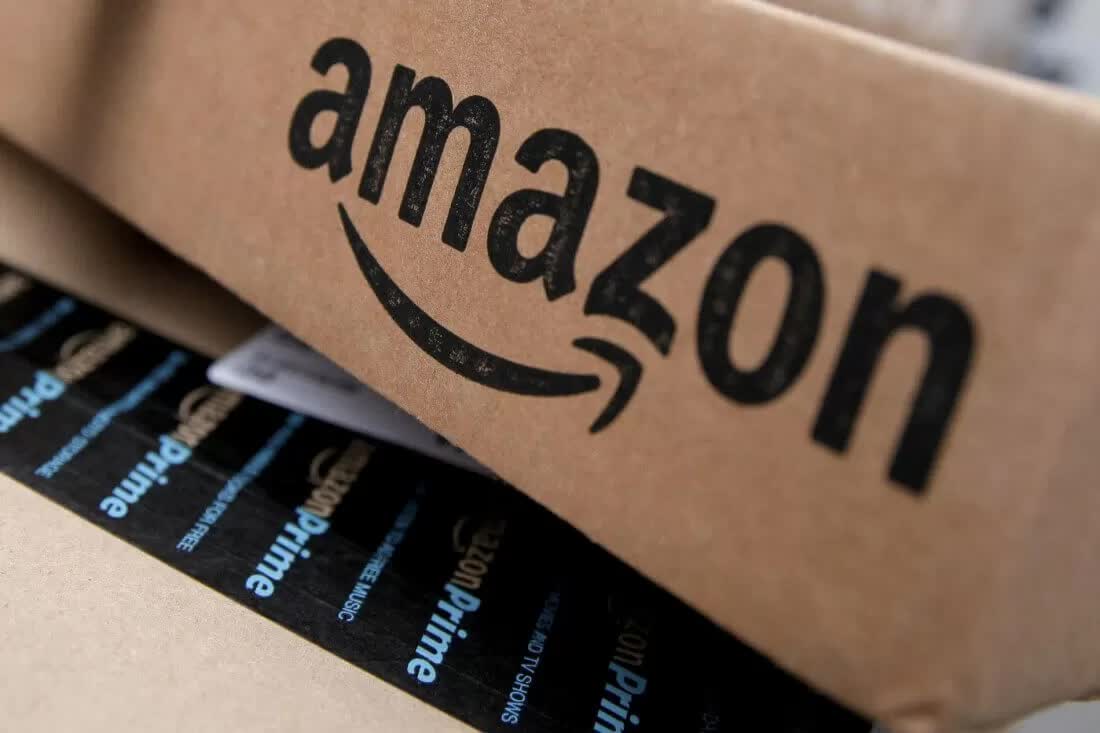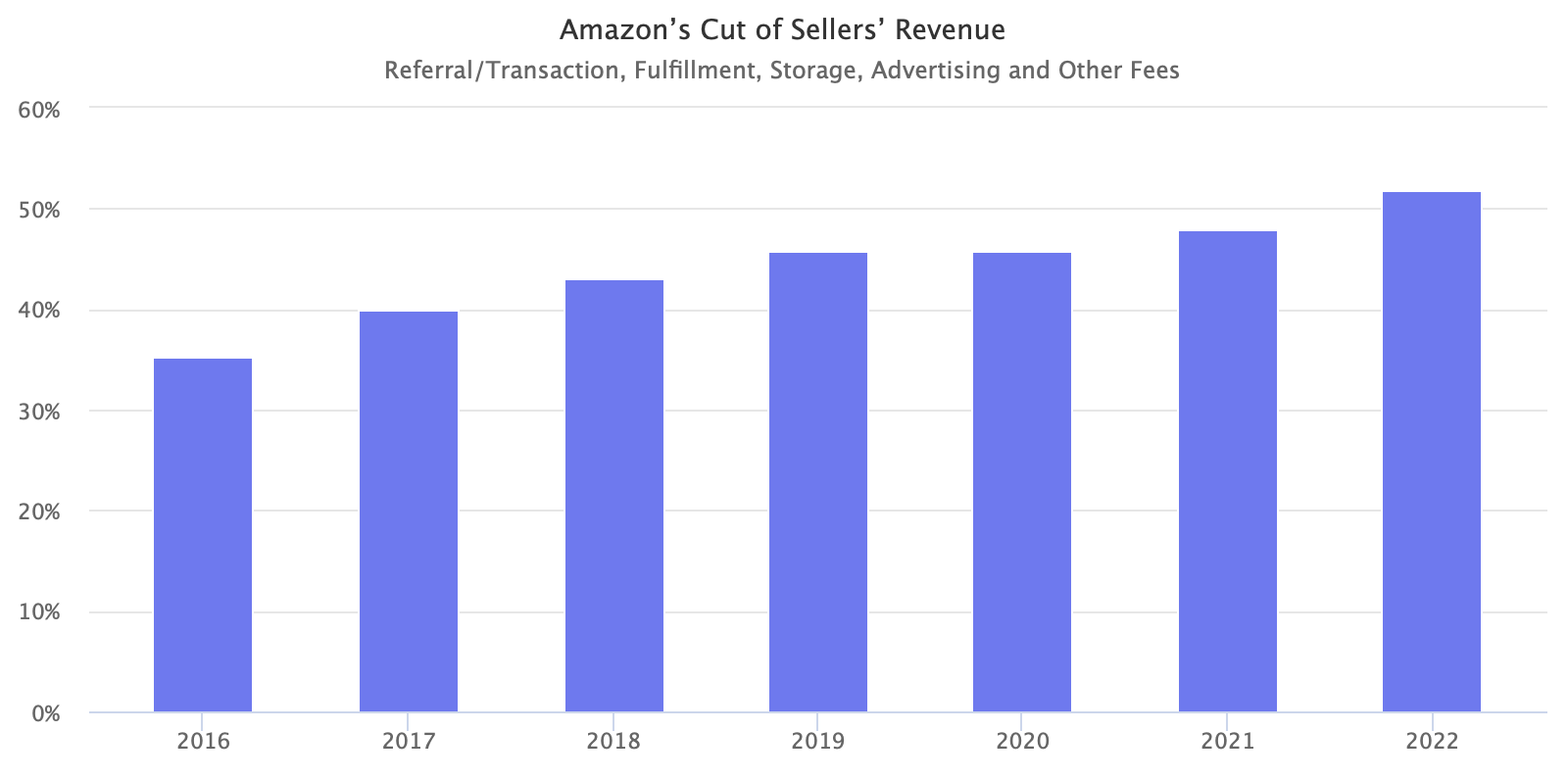In brief: The FTC is in the final stages of filing an antitrust lawsuit against Amazon that is so large and far-reaching, it has the potential to break up parts of the company. It's expected to be officially filed as soon as August and could force the tech giant to change several of its business practices.
The suit's main allegation is that Amazon abuses its dominance in the market to reward merchants who use its logistics (warehousing, shipping) and advertising services, punish those who don't, and block lower prices on competing websites.
According to Bloomberg, citing documents reviewed by the publication and three people familiar with the matter, FTC investigators and the office of agency boss Lina Khan have been honing the case for several months, finalizing details such as where to file.
The Commission has interviewed dozens of witnesses from within and outside of Amazon, writes Politico, including CEO Andy Jassy and former CEO and founder Jeff Bezos. It has collected millions of documents from the company and third parties to build the case.
Among the suit's allegations is that Amazon requires third-party retailers on its site to offer goods at their lowest prices on the platform, meaning they can't be found cheaper than on Amazon. The company previously denied these allegations, claiming that sellers decide their own prices.
Amazon's Prime subscription, which includes next/same-day deliveries, video streaming, music, books, and games, is also a target for the FTC as the agency believes it illegally solidifies the company's market power.
More than half of Amazon's sales come from third-party merchants who this year started paying an average of over 50% commission on every sale, up from 35.2% in 2016, the result of it raising Fulfillment by Amazon fees every year and increasing storage fees.
While paying for Amazon's logistics and advertising services is optional, most merchants consider these, especially advertising, a necessary part of doing business. Moreover, the FTC has reportedly amassed evidence that Amazon disadvantages merchants who don't use the services by giving them lower placements.
If the suit is successful, Khan is likely to seek a court-ordered restructuring of Amazon. The FTC is likely to file its case in federal court rather than its in-house tribunal.
The FTC has had Amazon in its sights this year. The company recently agreed to a $5.8 million settlement with the Commission over Ring privacy violations that included employees spying on customers. And in June, the FTC sued Amazon over "deceptive" Prime subscription tactics.

